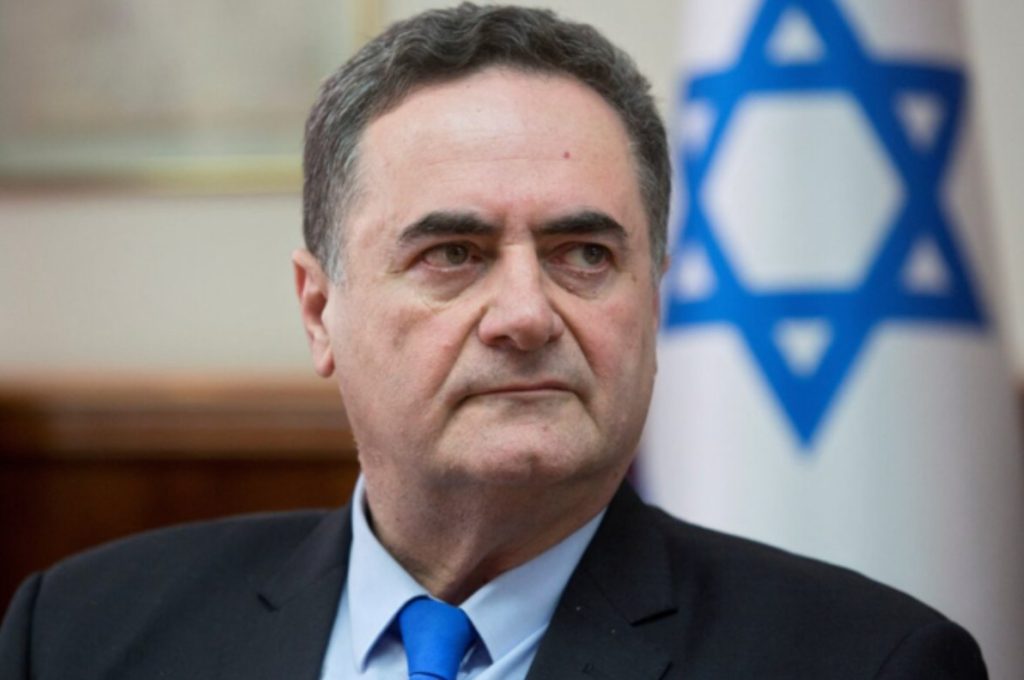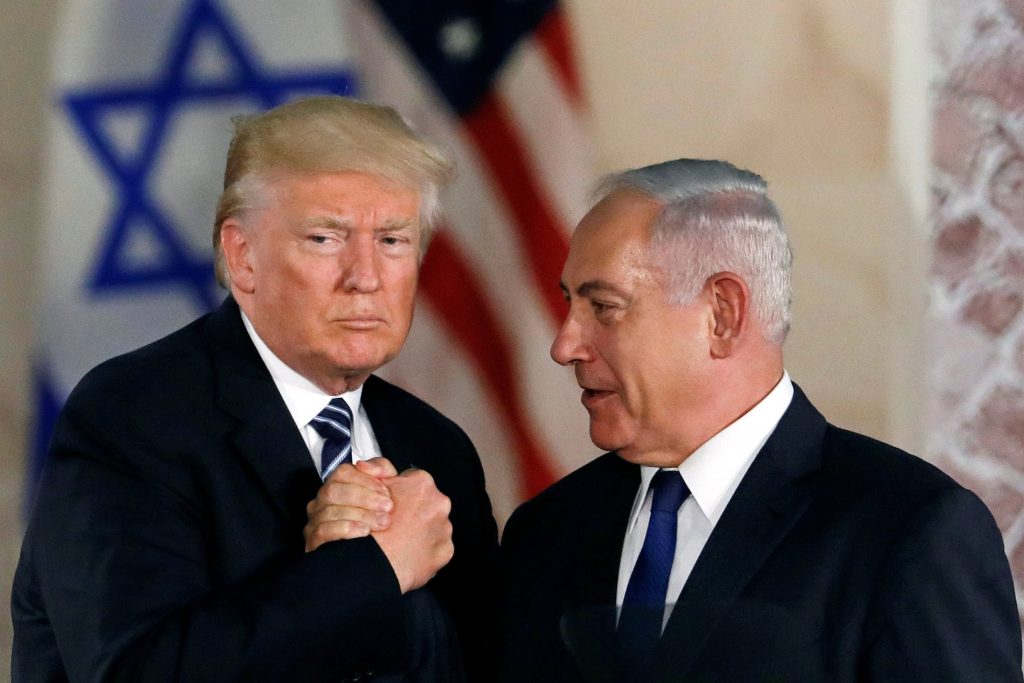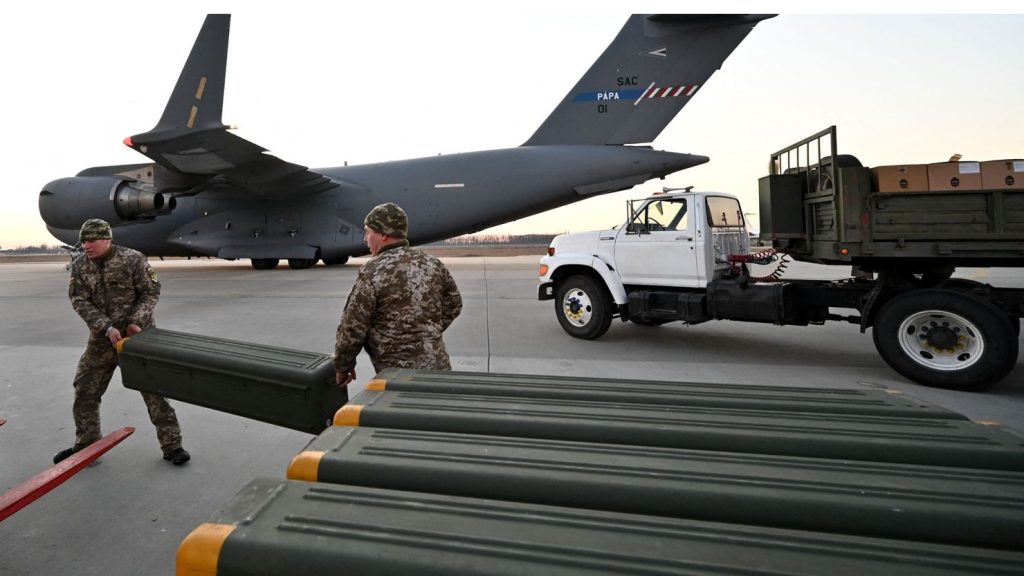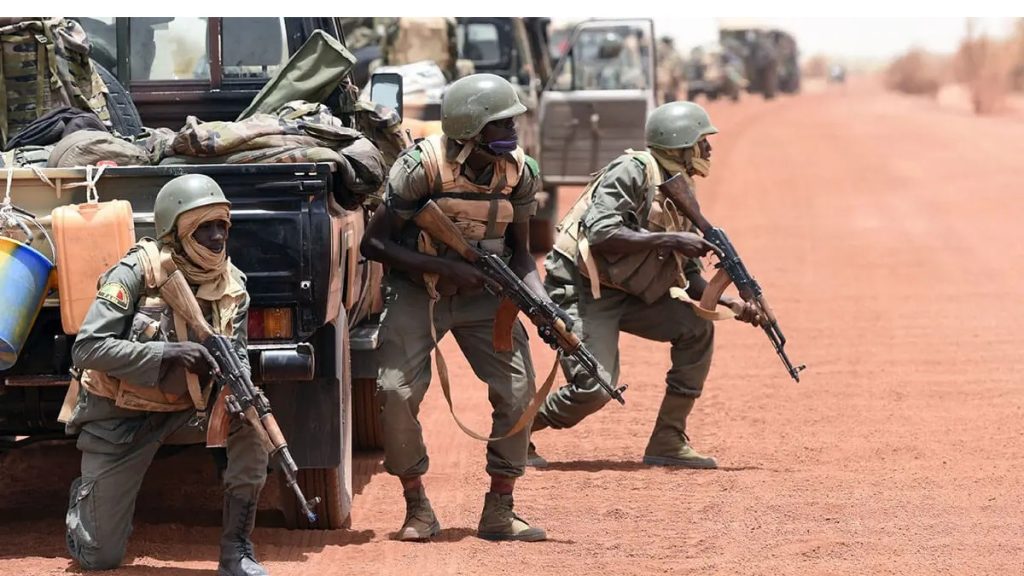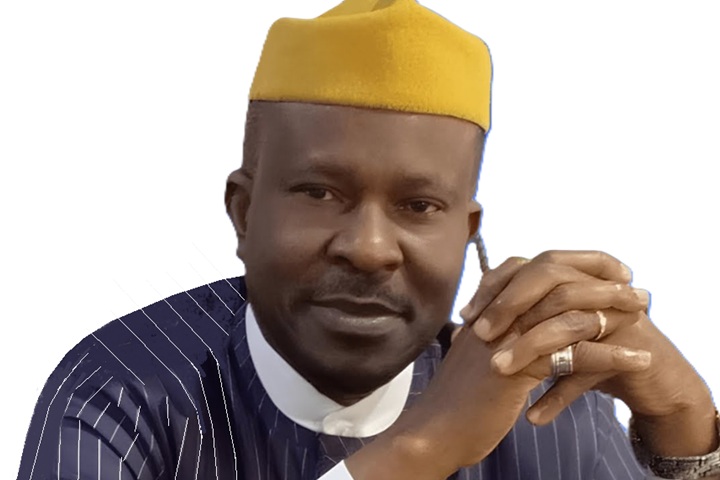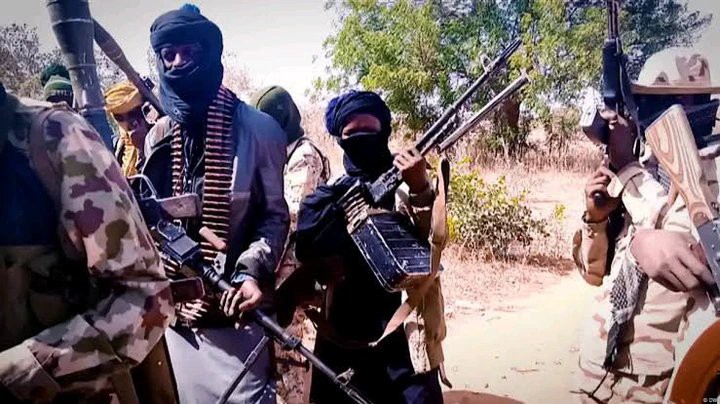Africa
Mali, Niger, Burkina investigate French journalist over jihadi links

Prosecutors in Mali, Niger and Burkina Faso have launched investigations into the activities of a French Journalist, Wassim Nasr.
The countries are concerned over his links with jihadi fighters, Diaspora Digital Media understands.
But Wassim, in a message, says the move is a form of intimidation and an attack on journalism.
Nasr, who works for the French broadcaster France 24, gave a informed analysis of a rare deadly jihadi attack in Mali’s capital Bamako on Sep. 17.
The prosecutors accused him of having been in contact with the attackers and that they communicated their location, objectives and death toll in real time with him.
Nasr also made comments that “amount to blatant acts of publicity and support of the terrorists,” Manzo Hadiza, the deputy prosecutor of Niger alleged during a press conference Wednesday (Sep. 25).
Prosecutors from the judicial divisions on terrorism in Mali, Niger and Burkina Faso all issued the same statement apparently in coordination, aired on their national televisions late on Wednesday.
“They are trying to intimidate anyone still contradicting their storytelling about security and control,” Nasr, who is based in France, told the AP in a WhatsApp message.
He said the investigation by the three West African countries is a clear attack on journalism.
“We should all have a thought about all journalists and civil society activists who are surviving under the rule of those juntas, they are the ones who need support,” he added.
A region hard to cover
Local journalists in the Sahel region, where Mali, Niger and Burkina Faso are located, are facing increased security risks particularly from terrorism, the media freedom group Reporters Without Borders said Tuesday.
Mali, Niger and Burkina Faso have for more than a decade battled an insurgency fought by armed groups, including some allied with al-Qaida and the Islamic State group.
Following military coups in all three nations in recent years, the ruling juntas have expelled French forces and turned to Russian instructors.
But the security situation in the Sahel, terrori groups ramping up their attacks has worsened since the juntas took power, analysts say, with a record number of attacks and a record number of civilians killed both by Islamic militants and government forces.
Over the first six months of this year, 3,064 civilians were killed by the violence, according to the Armed Conflict Location and Event Data Project, a 25% increase compared to the previous six months.
Meanwhile, the ruling juntas have cracked down on political dissent and journalists.
Earlier this year, Malian authorities banned the media from reporting on the activities of political parties and associations.
Burkina Faso suspended the BBC and Voice of America radio stations for their coverage of a mass killing of civilians carried out by the country’s armed forces.
Earlier this year, Niger’s authorities ordered the closure of the “Maison de la Presse”, an umbrella organization of Niger’s journalists’ associations, after it denounced press freedom violations.
Nasr’s employer France 24 is also suspended in all three countries notably over its coverage of the security situation.
Jihadi
The term “jihadi” has become synonymous with terrorism and extremism, but its origins are rooted in the Islamic concept of “jihad,” meaning “struggle” or “striving.”
Historically, jihad referred to the pursuit of a righteous life, defense of one’s faith, and the peaceful spread of Islam.
However, in modern times, extremist groups have hijacked the term to justify violence, terrorism, and holy war.
These groups believe they are fighting to establish an Islamic state or caliphate, defend Islam against perceived threats from the West or other religions, and implement strict Sharia law.
The distortion of jihad has led to the emergence of notorious jihadi groups such as Al-Qaeda, ISIS, Taliban, and Boko Haram.
These organizations engage in terrorism, insurgency, and militancy, targeting civilians, governments, and rival groups.
How it affects Africa
Jihadi extremism has cast a dark shadow across Africa, destabilizing entire regions and claiming countless lives.
From the Sahel to the Horn of Africa, groups like Boko Haram, Al-Shabaab, and ISIS-affiliated cells have wreaked havoc, exploiting vulnerabilities in fragile states and fueling sectarian conflicts.
In Nigeria, Boko Haram’s insurgency has displaced millions and killed tens of thousands, while in Somalia, Al-Shabaab’s relentless attacks have undermined efforts to establish a stable government.
The Sahel region, spanning Mali, Burkina Faso, and Niger, has become a hotspot for jihadi activity, with attacks on civilians, schools, and military forces.
The spread of extremism has also triggered humanitarian crises, displaced communities, and disrupted economic development, threatening the very fabric of African societies and underscoring the urgent need for regional and international cooperation to combat this growing menace.
For Diaspora Digital Media Updates click on Whatsapp, or Telegram. For eyewitness accounts/ reports/ articles, write to: citizenreports@diasporadigitalmedia.com. Follow us on X (Fomerly Twitter) or Facebook



